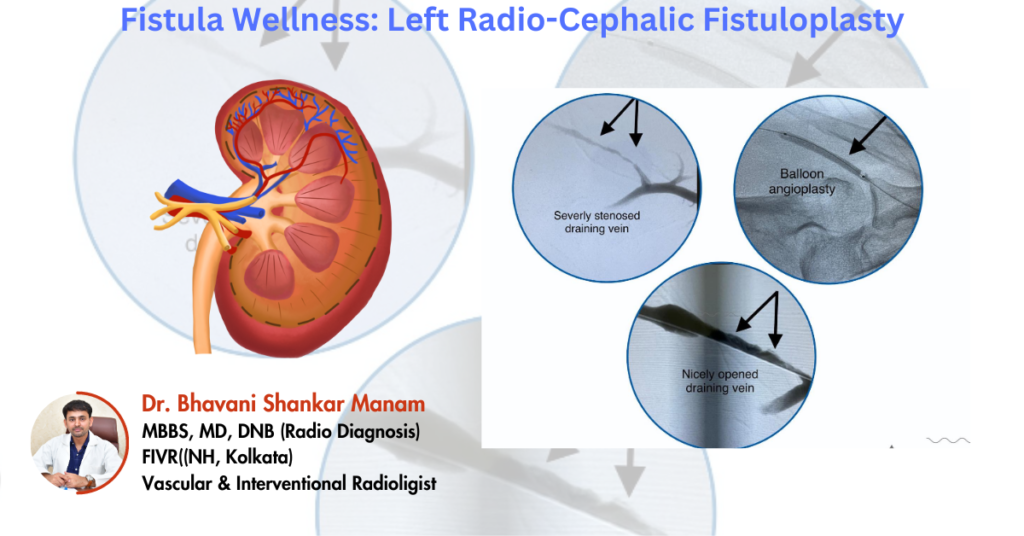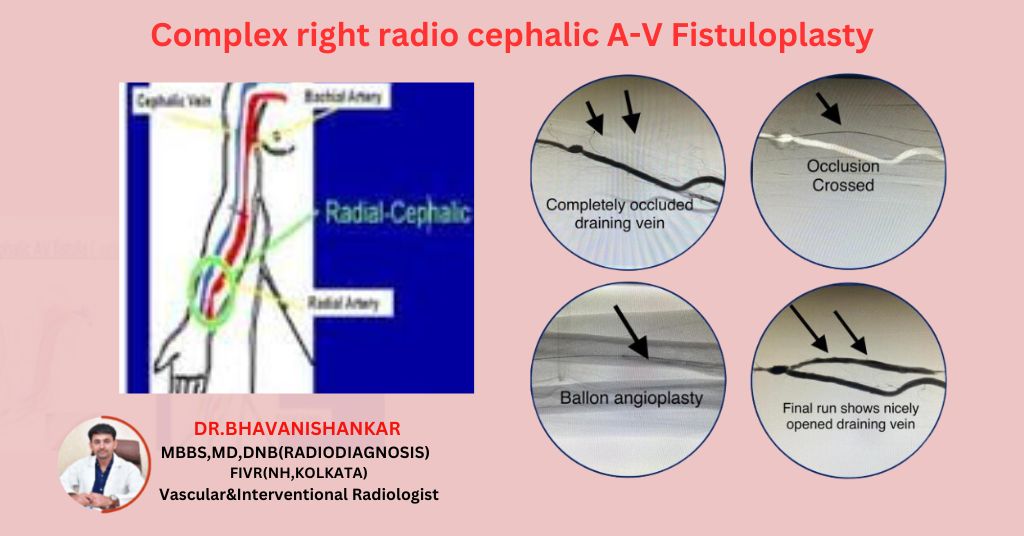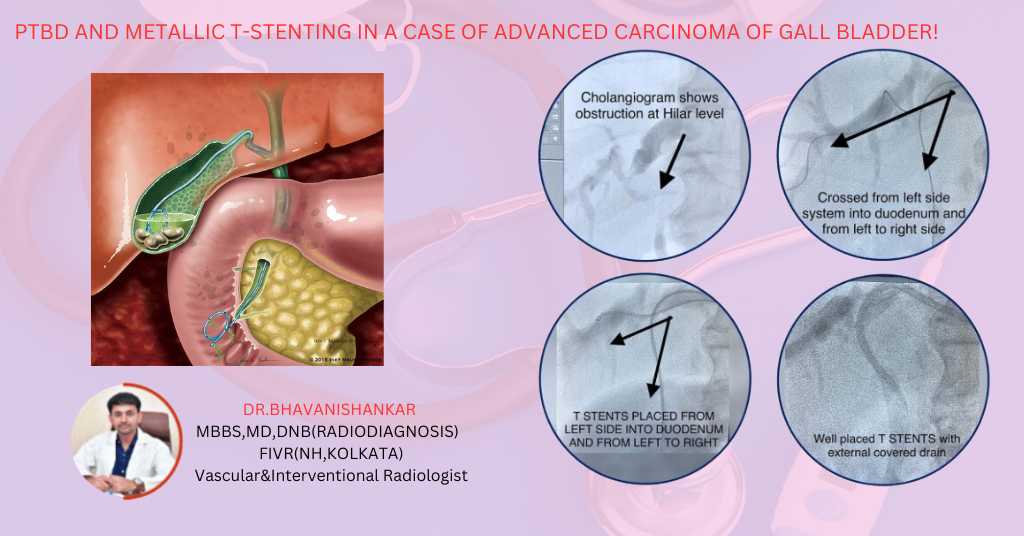This case study explores the medical journey of a 32-year-old woman who faced postpartum bleeding issues following the birth of her child. Doctors suspected an abnormality in her uterine artery and decided to perform a procedure known as “Uterine Artery Embolisation” to address her condition. We will delve into the details of her experience.
Patient Background:
Our patient is a 32-year-old woman who has a history of multiple surgeries. Two months ago, she welcomed a new addition to her family through childbirth. However, her postpartum period was marred by recurring episodes of bleeding, some of which were quite severe.
Medical Investigation:
To identify the cause of her persistent bleeding, medical professionals utilized advanced imaging techniques to examine her reproductive organs. Their findings raised suspicions of an issue within her uterine artery, a crucial blood vessel supplying the uterus. Such abnormalities can result in troublesome bleeding. To rectify this problem, doctors decided to proceed with a procedure called “Uterine Artery Embolisation.”
The Procedure:
This procedure is a minimally invasive intervention designed to treat conditions related to the uterine artery. During the procedure, doctors employ specialized tools to block the problematic blood vessels using tiny particles. This strategic blockade helps halt the excessive bleeding and restore normal blood flow to the uterus.
Follow-Up:
Following the successful completion of the “Uterine Artery Embolisation,” the patient entered a two-week monitoring period. During this time, she reported a significant improvement in her condition. Her troubling symptoms, including the intermittent and heavy bleeding, completely subsided. This positive outcome indicated the effectiveness of the procedure in resolving her health concerns.
Conclusion:
In this case, “Uterine Artery Embolisation” emerged as a pivotal solution in addressing the patient’s postpartum bleeding issues. The procedure’s ability to selectively target and block problematic uterine arteries proved highly effective in arresting her bleeding and restoring her well-being. This case highlights the importance of medical interventions like “Uterine Artery Embolisation” in providing relief to patients experiencing similar health challenges, ultimately improving their quality of life after childbirth.



